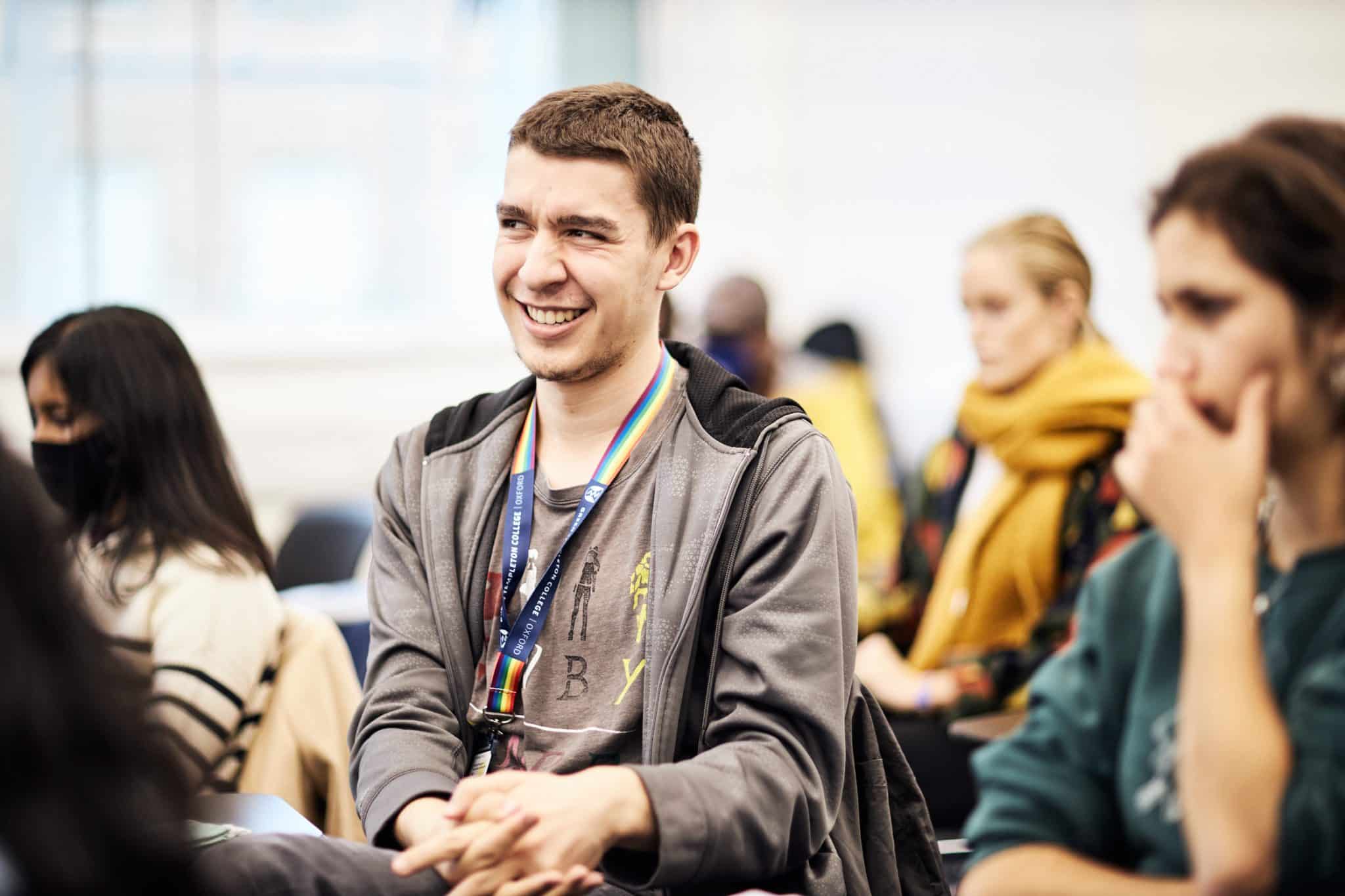Developed by leading academics at the Oxford Smith School of Enterprise and the Environment, and the Future of Cooling Programme, this sustainable cooling online course is designed to equip you with the skills and knowledge needed to implement sustainable cooling solutions and drive the transition towards a more positive future for people and the planet.
Our innovative programme is a direct response to the growing worldwide demand for new sustainable cooling solutions and the need to upskill the workforce to fill knowledge gaps with coherent and sustainable approaches. With the information and tools you gain on this course, you’ll be empowered to influence change and implement effective solutions to the mounting extreme heat pressures facing people, cities and societies.
Entry requirements
There are no specific entry requirements for this programme. However, a certain level of commitment is expected – we recommend dedicating 3-5 hours a week to your studies. All learning and assessment will take place online, so you will need a stable internet connection and suitable equipment to participate.
Fees and funding
The total cost of this short course is £1,800 (inclusive of VAT), with discounts available to Oxford University alumni and those working in a public sector role (evidence is required).
It is possible to pay your fees in two instalments, laying down a deposit (and reserving a space) before settling the final balance and securing your place on the course ahead of its start.
For more information about our deposit scheme or discounts you may be entitled to, please feel free to call us on +44 (0)1865 692 268 or email us.









